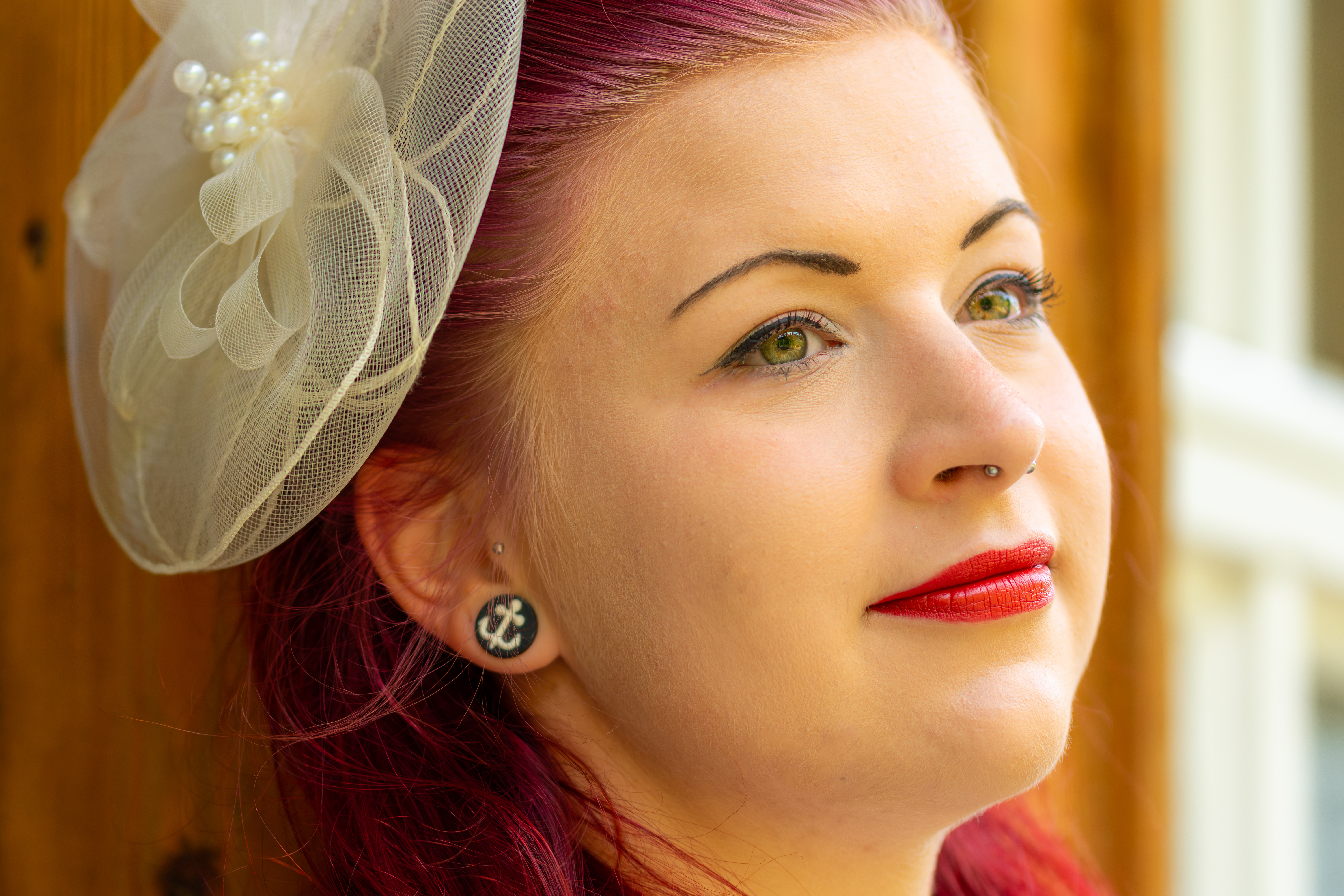While there are professional caregivers, family members often provide care and support for those with bipolar disorder and other mental illnesses.
 My husband of 35 years is my caregiver. He does a spectacular job – making sure I have my meds, taking me to my appointments, running the errands that I have no spoons to do, keeping the house quiet when I need to sleep, making sure I eat at least one nutritious meal a day.
My husband of 35 years is my caregiver. He does a spectacular job – making sure I have my meds, taking me to my appointments, running the errands that I have no spoons to do, keeping the house quiet when I need to sleep, making sure I eat at least one nutritious meal a day.
It’s a lot. And there are things I can give him in return. Things he needs.
Appreciation. When my father was dying of cancer, my mother was his primary caregiver. One day she came to me, wanting me to tell her that she was doing a good job. She knew that she was. She just needed to hear it from someone else, someone who could tell her that her excellent care had been noticed and appreciated.
Appreciation – validation – is the thing that caregivers need most, to replenish themselves, to allow them to keep doing the things that are so vital for their charges. And it’s the easiest to give. When you’re in the depths of depression, it may be difficult to remember to say “thank you,” but it means a lot to your caregiver.
Now I’m mostly out of my depression (usually), and I say “thank you” a dozen times a day. And he always responds, “You’re welcome, friend.”
Alone time. Primary caregiving can be a full-time job. I know that one thing I need in the process of healing is alone time. Dan needs it too. He needs time off, even if that’s just time to retreat to his study and watch a movie or go outside and dig in the garden. I can always reach him if I really need him – for example, if I have a panic attack – via cell phone if nothing else. But, as the saying goes, you can’t pour from an empty vessel. That’s part of the reason that he’s able to give me so much of what I need.
Couples time. This doesn’t necessarily mean sex. It means time spent together, doing something other than dealing with mood swings and trauma. It’s a little gift we give each other. Sometimes I sit through a movie I don’t really care for, just to give him the gift of snuggling on the couch. He got me color-and-bake ceramic mugs that are great for creativity and distraction. One rainy afternoon we sat together and each colored one side of the mugs.
Life stuff. Dan does most of the chores and tasks of daily living, but I do what I’m able to. I earn money. I pay bills online and do most of the other computing, except what he does for leisure. I help with cooking to the extent I can – sous-chefing, finding recipes, breading or mixing or inventing dressings and sauces, making grocery lists. He can ask me for help too.
Sharing my spoons. When I do find myself with a few spare spoons – a little extra energy occasionally – I try not to be selfish with it. When I have spoons to spend, I like to shower and dress and go out for lunch. But the other day, I showered and dressed and went for a walk in the woods with Dan, something he’s been longing for. My spoons ran out pretty rapidly, but he appreciated that I made the effort and shared one of his delights. It was another gift that cost no money.
In other words, when you have a caregiver, don’t think it’s all one way. Your caregiver needs care too. Small or large, what you are able to give will be appreciated.



Comments on: "Caregivers Need Care Too" (7)
Very good post. Nurturing our caregivers, appreciating them, encouraging them is vital for their well being.
LikeLike
Thank you. I know I couldn’t get by without mine.
LikeLiked by 1 person
This is good to know. Caregivers often burn themselves out because they don’t know that they need to nurture themselves.
LikeLike
I am caregiver for my Grandma. My issue isn’t knowing that I NEED too nurture myself, but knowing HOW to nurture myself. I also deal with depression, anxiety, and PTSD myself, and it’s hard for me to nurture ME.
LikeLike
Wonderful post and a great reminder.
LikeLike
I could not agree more. My MIL is the primary caregiver for my SIL who suffers from an incurable mental disorder. While she does everything without anything in return, I have seen how a little appreciation brightens her hectic day. Lovely reminder.
LikeLike
Thank you for sharing this. I have never been a caregiver but I know many family members who have been. I have never truly considered how it could take a toll on them. These are really great ways to help give a bit of care back to those who give it out the most.
LikeLike